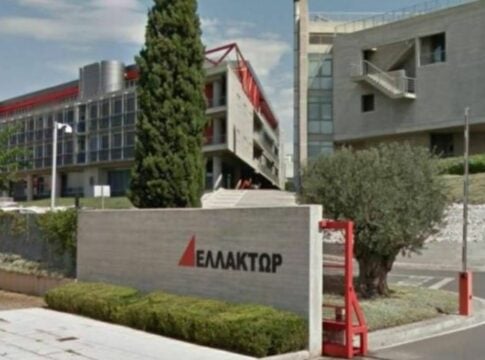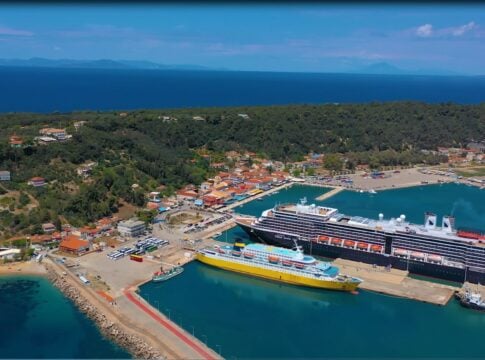The government is aiming to maintain up to 8% in the National Bank in view of the disinvestment process that officially began on Thursday.
“The intention of the Ministry of National Economy and Finance is not to fully withdraw from the share capital of the bank that is traditionally considered to be the closest to the exercise of national policy,” sources said to “Naftemporiki.”
It is noted that something similar has been done in the rest of the European states that were affected by a severe banking crisis and proceeded to rescue their banks, such as Ireland, Spain, Portugal and the United Kingdom. However, the new law No. 5131/2024 passed this year for the restructuring of the Superfund provides that any remaining percentage of the State in the banks (systemic and non-systemic) will be transferred to the Superfund, to the Board of Directors where certain members of the European Stability Mechanism (ESM) participate.
This policy differs greatly from the strategy implemented by the HFSF in the placements completed in the previous 12 months concerning Eurobank, Alpha Bank and Piraeus Bank. In the previous transactions, the State withdrew completely from the equity funds of the systemic banks, allocating its percentage to high-quality investors, such as pension/insurance funds, global funds and also to small investors, as happened in the previous placement of National Bank.
The issue of the disposal rate, however, has not been closed. The percentage and the disposal price are expected to be disclosed at the last minute of the transaction, as provided for in the Divestment Strategy – a procedure that has been strictly observed in the HFSF placements completed in the previous 12 months.
In fact, competent sources underlined that the final disposal percentage cannot be determined, neither by the Fund nor by the Ministry of National Economy and Finance, before the end of the transaction. This means that first the bids will be gathered through the book building process and then the HFSF will decide the price and the allocation rate – a procedure that was also followed during the previous divestment transaction of the National Bank in November 2023, when the final allocation rate increased to 22% from 20% which was the original intention of the shareholder.
The placement process
The Hellenic Financial Stability Fund (HFSF) entered the final stretch of disinvestment from the systemic banks, after the meeting it held on Wednesday night with the Advisor, JP Morgan. Sources with knowledge of the procedures reported to “Naftemporiki” that the HFSF gave the investment bank the “green light” in order to gauge the interest of the investment community in acquiring the percentage of up to 18.4% that it holds in the bank’s share capital.
In the next phase, according to the HFSF Investment Strategy, the Advisor will come back with the results of the first contacts he had with funds, insurance/pension funds and other interested investors. Based on the climate, the HFSF will authorize JP Morgan to proceed to the next phase of the process.
The aim of both the HFSF and the Ministry of Economy and Finance is to complete the placement no later than one month from today (beginning of October), in order to obtain a “safe distance” from the US elections in November. And this, because uncertainty traditionally accompanies major electoral contests – such as the one in the USA – and affects investment decisions internationally.














